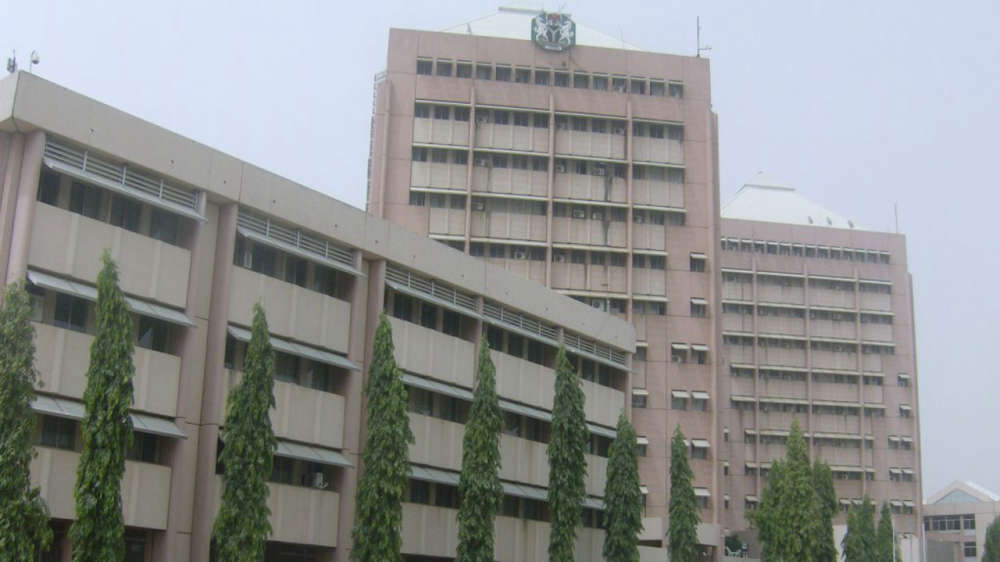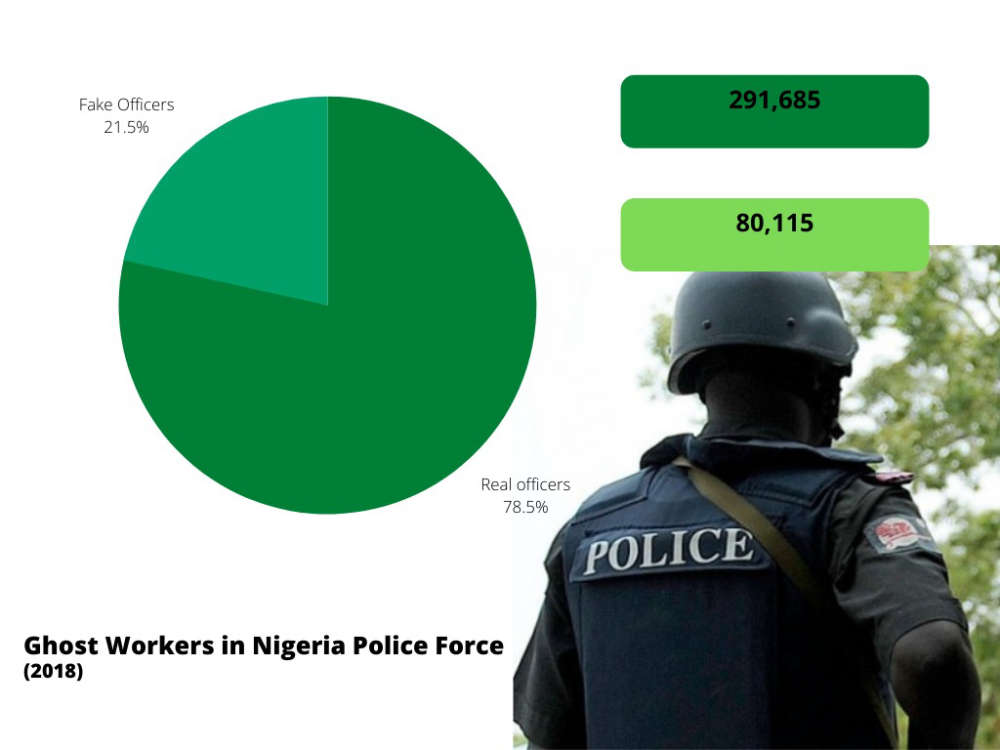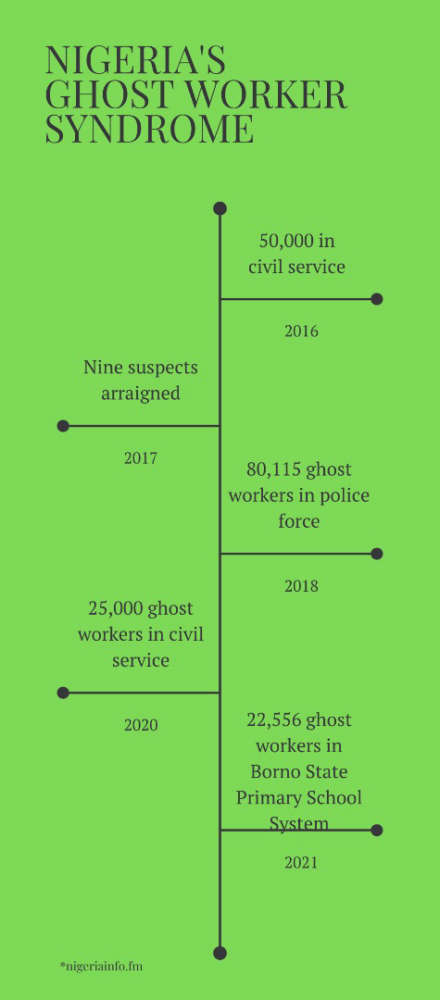
The Nigerian Federal Government has uncovered 1,500 workers who presented fake letters of employment to its verification committee.
The Head of the Civil Service of the Federation, Folashade Yemi-Esan disclosed at a policy dialogue organised to discuss transparency in public office recruitment.
“In one ministry alone, there were over a thousand individuals bearing fake letters of appointments,” She said.
“The Office of the Head of Service received another report, this time from the Federal Civil Service Commission itself, forwarding names of over 500 persons in various MDAs that possess fake letters of appointments.”
She also said the government has suspended the salaries of 3,000 civil servants who failed to present themselves for verification.
The nationwide verification of civil servants recruited from 2013 to 2020 began in September 2021.
History of Fake Workers
The Nigerian public service has a history of fake workers whose names appear on the government payroll in a number of ways.
There are persons who get into the service with forged credentials. There are others who use the identities of other persons.
Nigeria Info’s Joyce Onyemuwa explored this on her show, Sunny Side.
But there are also workers who simply do not exist. They are known as “ghost workers”
These are names that exist on the government payroll because somebody else, usually a senior official, put them there.
In 2016, the Federal Government announced it purged the civil service of 50,000 ghost workers.
The following year, the Economic and Financial Crimes Commission (EFCC) arraigned nine suspects for allegedly being responsible for ghost workers.
The suspects were civil servants from government agencies.
In 2018, 80,115 ghost officers were discovered in the Nigeria Police Force.
This was after the implementation of the Integrated Payroll and Personnel Information System (IPPIS).

In September 2020, the Minister of Finance, Budget and National Planning announced the removal of more than 25,000 ghost workers from the payroll of ministries, departments and agencies of government.

States and local governments have also had to deal with the ghost worker syndrome.
The Borno State government uncovered 22,556 names of persons who were collecting salaries from its primary school system without being teachers.
Nigeria’s Solution to Ghost Workers Scams
Nigeria’s initial solution to the ghost worker syndrome was the introduction of the computerized payroll system, IPPIS.
It required the capture of the biometrics of workers and reportedly saved the Nigerian government more than $1bn within a few years.
It still had its flaws, as senior civil servants could still insert ghost names into the system.
The Bank Verification Number which was later introduced ensured that government knew the accounts into which salaries were paid.
It exposed situations where one civil servant who had registered tens of ghost workers had the salaries of all the fake workers going into his/her account.
The federal government’s recent verification is the latest step in ensuring an end to Nigeria’s fake worker problem.


